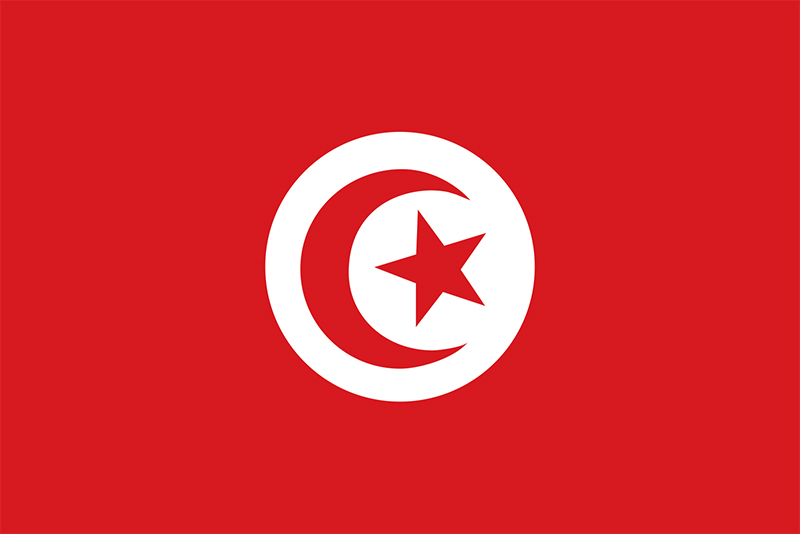Tunisia must return to democracy
This action effectively terminated a decade of democracy in Tunisia

Penultimate Sunday, Tunisian President Kais Saied, removed Prime Minister Hichem Mechichi, who was also in charge of the Interior Ministry; suspended the parliament and the immunity of its members and placed travel bans on opposition politicians.
He followed up with raids on journalists, issued threats to jail those who impugned the state and a raft of edicts concentrating judicial, legislative and executive powers in his hands.
This action effectively terminated a decade of democracy in Tunisia, often celebrated as the Arab Spring’s so-called success model. It immediately plunged the country into its biggest political crisis since the 2011 revolution that introduced democracy.
President Saied said the 30-day suspension of the parliament could be extended if needed “until the situation settles down”, basing his decisions on Article 80 in the constitution, which allows the president to take extraordinary measures if there is “imminent danger threatening the nation”.
Parliament Speaker Rached Ghannouchi, who heads the institution’s biggest moderate Islamic party, Ennahdha, accused Saied of launching “a coup against the revolution and constitution”.
Specifically, Saied relieved Defence Minister Ibrahim Bartagi and Acting Justice Minister Hasna Ben Slimane of their posts, ordering lower-ranking administrative and finance officials at each ministry to carry out any needed tasks until a new prime minister and cabinet are appointed.
The president’s move came after mass demonstrations in several Tunisian cities in protest against spike in COVID-19 cases that aggravated economic troubles.
The demonstrators attacked officers of Ennahdha party, throwing stones and shouting slogans, demanding the resignation of the prime minister and the dissolution of parliament.
Saied and the parliament were elected in separate popular votes in 2019, while Mechichi took office last year, replacing another short-lived government. But it is not the first time a government has been short-lived in Tunisia since the 2011 revolution that led to the overthrow of long-time President Zine El Abidine Ben Ali.
After months of failed attempts to form a government, Elyes Fakhfakh became PM in January 2020, but was forced out within months over a corruption scandal. Months later, Mechichi was named prime minister, but has been enmeshed in political disputes with Saied for more than a year.
His fragile government lurched from one crisis to another, struggling to deal with the pandemic and the need for urgent reforms. This was in addition to the series of challenges, including recurring attacks by ISIL (ISIS), that devastated the country’s vital tourism sector. The attacks are a major contributor to the decline of the economy, which approached a crisis point in 2017.
Indeed, the coronavirus pandemic exacerbated Tunisia’s economic woes as unemployment surged and state services declined.
It was reported that the country’s healthcare system “collapsed” under the weight of the pandemic and that more than 17,000 deaths were recorded in a population of about 12 million. This indeed is a sad development. But it is worthy of note that the coronavirus took a toll on even the biggest economies of the world, therefore it cannot be used as an excuse to appropriate powers that belong to the people. And if indeed the president was worried about the effect of the pandemic, there are ways he would have gone about it without trampling on the rights of citizens. We, therefore, condemn in totality what is happening in Tunisia and call on the president to immediately retrace his steps. He must recall all those relieved of their duties and find a constitutional way of solving issues affecting the country.
It is unfortunate that the popular revolution that the Arab spring was supposed to usher in, in some African countries like Egypt and Tunisia has declined. These countries have slid into dictatorship, the type witnessed before the revolution and something must be done about that.
The people of Tunisia deserve better, so we call on President Saied to work in accordance with the constitution, as he is also a democratically elected president. He must accommodate the opposition and divergent views. He must also respect the rights of the people and ensure that peace is restored in the country. Democracy must work in Tunisia, Africa.
